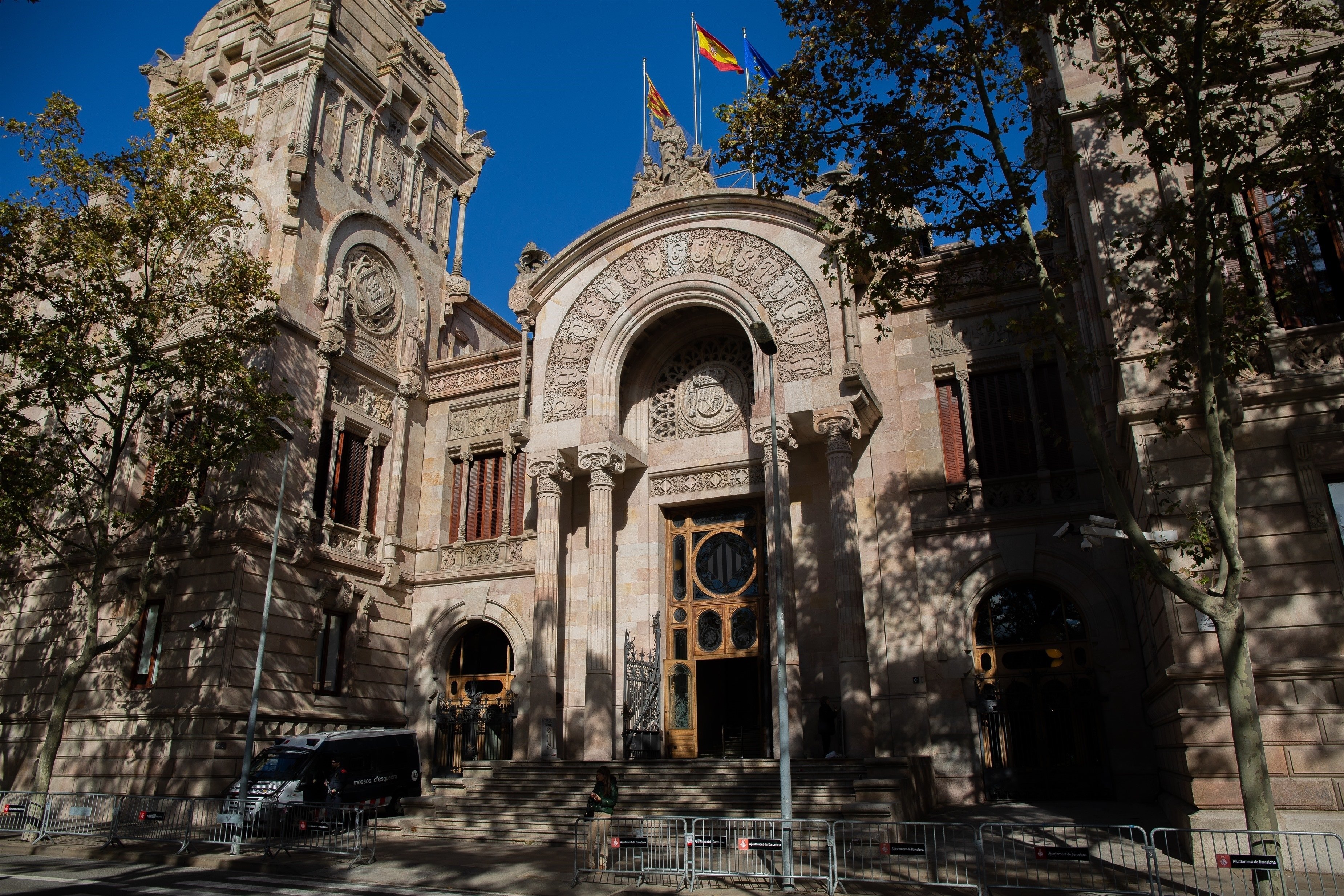Compulsory. The High Court of Justice of Catalonia (TSJC) has today published a ruling in which it requires the Catalan education department to "immediately comply" with its previous sentence of a 25% quota of classes taught in Spanish in all schools in Catalonia, originally issued by the same administrative disputes chamber of the court. This decision is a consequence of the court's opinion, that the claim of the association Assembly for a Bilingual School, which requested its forced execution, is legitimate. However, two of the five judges of the court argued in a dissenting vote that the association should not have been accepted as a party in the case. The court did reject the request for forced execution of the ruling by the far right VOX party and by some members of parliament, due to lack of legitimacy. As well, the Spanish state solicitors' office had asked the court, before executing, to assess whether the Catalan government with the two reforms it has announced complies with the 2020 resolution on the 25% quota, ratified by the Supreme Court on January 20th this year.
Specifically, the court orders: “To demand the Catalan minister of education to, within a maximum period of 15 days, issue the instructions and establish monitoring guarantees to put into action that in the Catalan education system all students receive education effectively and immediately via the normal use of the two official languages in the percentages determined, which may not be less than 25% in either case; a use which will include at least the teaching of the language itself and of another core or similar subject, and which must inform the court at the moment when the new deadline for compliance with the measures adopted ends and the degree of compliance with them.”
Monitoring
The TSJC also orders “to require the Higher Education Inspectorate to effectively verify compliance with the operative part of the judgment handed down with respect to these actions across the whole education system of Catalonia, informing the court of the activity carried out and the situation ascertained at the end of the specified execution period”.
In the ruling, the court specifies that: “It should be noted that there is recognition of the Catalan government's liberty to freely determine the means it deems appropriate to make the vehicular use of the official languages effective. The decisive fact in the ruling is not the means but the result. What has been condemned is inactivity in the dictation of rules, instructions or acts of application that are necessary for the purpose of determining the vehicular use of languages in education, or exercising the power to monitor these."
Legitimation
With regard to affirming the legitimacy to request the forced execution of the resolution, the court points out that “there is no obstacle against people or entities that were not parties in the process that led to the sentence to appear to request its execution”. It added that "it is simply necessary for the person appearing to have the status of an affected person."
In this regard, it adds that it admits the legitimacy of the Assembly for a Bilingual School entity because "the defence of collective interests that are projected onto the whole education system coincides with the specific purposes of this entity". On the other hand, it does not accept the legitimacy of the MPs and the Vox party, because "they have not proven that they are parents of affected students".
Dissenting views
Judge Eduard Paricio cast a dissenting vote, and was joined by judge Maria Fernanda Navarro, who disagreed with having accepted the Assembly for a Bilingual School as a party because the ruling refers to vehicular use of the official languages in the education system of Catalonia. "It is not, as in previous appeals, the particular situation of a school, but the education system as a whole," he said, adding: "The Catalan government recalls the precedents of this court in which, as a result of individual claims, we have repeatedly stated that the legitimacy inherent in students when considered individually did not authorize them to maintain claims relating to the education system as a whole, and the Supreme Court upheld this approach on several occasions.” In this case, the recognition of such individual legitimacy requires the rejection of the claim before the Catalan education ministry, and immediate access to the court, through direct access to an execution claim, he argues.
In the end, however, the divided TSJC ordered the execution of the sentence and concluded: "The choice of the means to guarantee the result of the sentence is up to the government of the Generalitat of Catalonia, but what is not in its hands is to refuse to act and to allow a situation contrary to the constitutional mandate."
The Catalan minister of education, Josep González Cambray, had replied to the TSJC that his department would comply with the ruling making both Catalan and Spanish into vehicular languages in schools through the changes it was finalizing. The court, however, did not wait for it.

